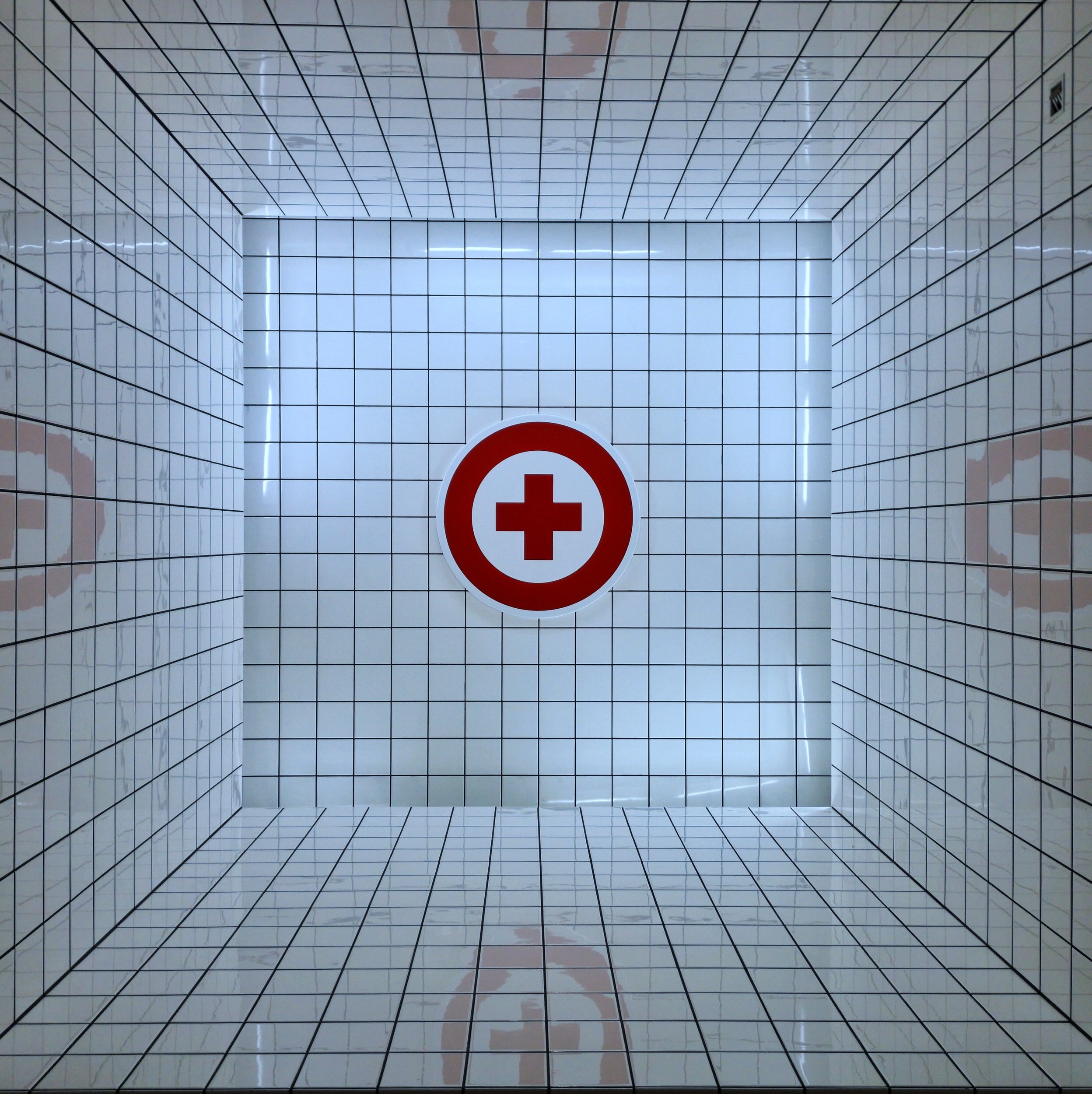How is an anal fistula treated?
An anal fistula almost always requires surgery for cure. There is currently no medication available to cure an anal fistula. Sometimes more than one procedure is required to treat an anal fistula.
Firstly, the fistula tract and whether it involves the anal sphincter needs to be clarified. Any associated infection also needs to be eliminated. This is best achieved by putting a thin piece of elastic material or suture through the fistula tract. This is known as a seton.
After this, there are several possible surgical treatment options. The choice should be personalized to each patient, based on factors including the location and amount of anal sphincter involved in the fistula tract, each patient’s individual bowel function and other medical conditions (if present).
It is recommended that anal fistula surgery be performed by a specialist colorectal surgeon to achieve optimal results.
Dr Zhu is a specialist colorectal surgeon and has extensive experience in the treatment of anal fistula. Dr Zhu can assess your symptoms and recommend a personalized treatment plan.






